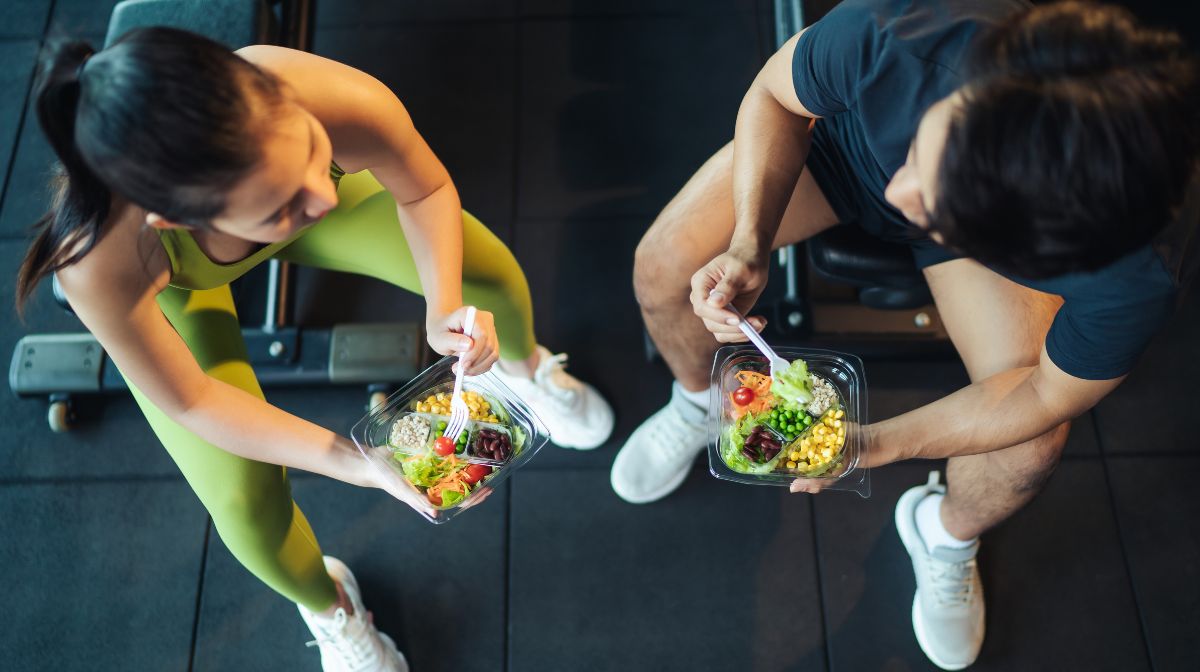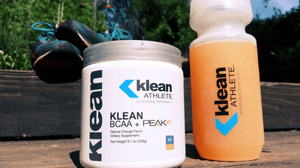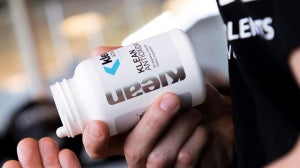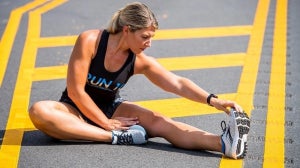
You've probably heard it a million times: what you eat after exercising is just as important as the session itself. But with an endless number of meal options and an abundance of advice to look through, how do you know what to eat after a workout to ensure you're fueling your body right?
From professional athletes to casual gym goers, read on to discover how your diet could help to optimize your performance and recovery.
What is a Post-Workout Meal?
A post-workout meal is the food you eat after exercise. To effectively refuel your body with key nutrients and support recovery, this important meal will ideally consist of a carefully curated ratio of macronutrients (also known as ‘macros’): proteins, carbohydrates, and fats.
What to Eat Post-Workout
What you should eat after a workout varies depending on your personal fitness goals, however, it is recommended that emphasis is placed on carbohydrates and protein.
Carbohydrates are responsible for replenishing depleted glycogen stores and protein helps to promote growth and repair of the muscles – both of which are thought to support recovery.
In addition to this, it has been found that combining carbohydrates and protein may enhance glycogen synthesis and enable hypertrophy to take place to maximize results from resistance training.
Your post-workout macros will vary depending on your individual goals and where you’re at in your fitness journey, but it’s important to understand the function of each one.
Consume Protein Post-Workout
Protein plays a pivotal role in helping to repair micro-tears in the muscles after a workout, which, in turn, may contribute towards recovery and strength-building.
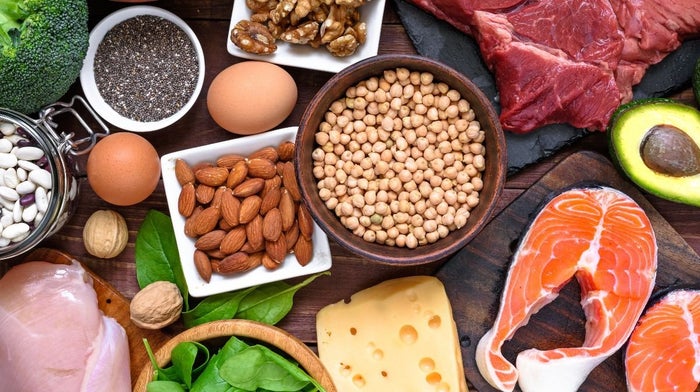
Some good sources of protein to incorporate into your post-workout meal include:
Cottage cheese
Eggs
Fish
Greek yogurt
Lean meats
Milk
Legumes
Tofu
How Much Protein Do You Need Post-Workout?
Certain studies have found that a protein intake of 1.6g/kg of body weight per day may help to support recovery from resistance training, with some suggesting that up to 3g/kg of body weight may be beneficial for some, depending on the individual’s fitness goals.
It is generally accepted that it is more beneficial to distribute protein intake throughout the day, rather than consuming large amounts post-workout. To maximize muscle protein synthesis after exercise around 20g is thought to be sufficient.
With 20g of protein per serving, Klean Isolate is an easy way to consume your post-workout protein. Highly versatile, it can be incorporated into smoothies, and protein snacks or consumed as a shake to help support your goals.
Include Carbohydrates in Your Post-Workout Meal
Often at the center of dietary debates, carbs are a crucial macronutrient, as they are your body's primary source of energy.
Your muscles are fueled by glycogen, a type of glucose derived from carbohydrates. Endurance activities can cause the stores of this energy substrate to deplete and if it’s not restored, it may impact recovery.
Being strategic about the food you eat after a workout can help your body restore these vital glycogen stores, helping to prepare you for your next training session.
How to Select the Best Carbs for your Post-Workout Meal
When it comes to your post-workout carbs, it is worth considering the two distinct types: simple and complex.
Simple carbohydrates include sugars, white pasta, bread, and white potatoes, while complex feature options like sweet potatoes, brown rice, and wholewheat pasta.
The latter can help you to feel fuller for longer as they take more time to digest than simple carbs, making them an excellent component for a post-workout meal for weight loss.
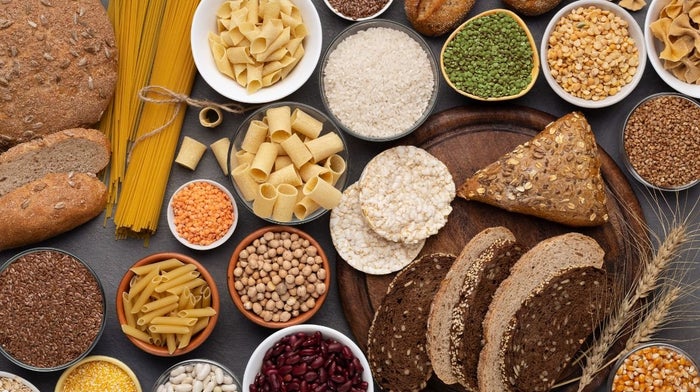
Complex carbohydrates that may be worth including in your post-workout meals include:
Bananas
Broccoli
Pulses, such as beans, chickpeas, and lentils
Sweet potatoes
Wholegrain breads, rice, and pasta
However, that’s not to say you should avoid simple carbohydrates after your workout. Some athletes like to consume them immediately after to quickly restore muscle glycogen stores – especially if the exercise has been intense.
How Many Carbs Should You Have Post-Workout?
Wondering how many grams of carbs you should have post-workout?
The amount you need to consume will depend on a few factors, such as the type and intensity of the exercise, your goals, and body weight. For example, those who have taken part in aerobic exercise may require a slightly higher carb-to-protein ratio than those participating in resistance training.
It is generally accepted that athletes should consume around 1-1.2g per kilogram of body weight every hour for 4-6 hours after exercise.
Factor in Fats Post-Workout
Whether you should include fats in a post-workout meal is up for debate. Some people prefer to just focus on the other two macronutrients after exercising, as there is an assumption that fats may slow down digestion and minimize the benefits of the meal.
While there is not enough research to suggest that this will negatively affect recovery, some people may wish to prioritize carbohydrates and protein immediately after exercise and incorporate healthy fats into their other meals.
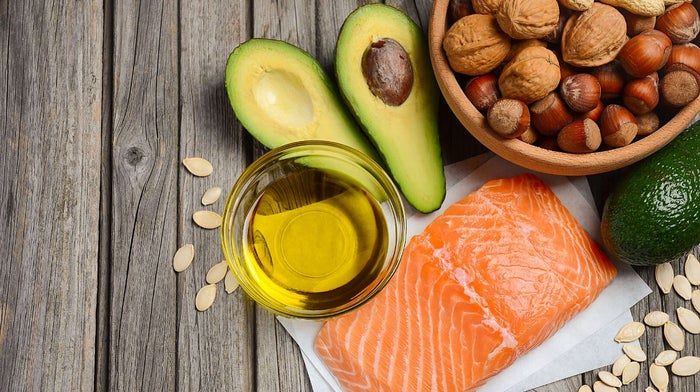
When to Eat a Post-Workout Meal
After an intense workout session, it’s important to refuel. However, post-exercise nutrient timing seems to be somewhat of a gray area.
Some studies have found that glycogen synthesis is higher when carbohydrates were consumed within two hours after intense exercise, after which, it decreased by 45%.
However, others found that delaying meals didn’t affect nutrient synthesis. It is thought that results can vary from person to person and the level to which their glycogen stores were depleted.
With this in mind, it would be safe to operate on the basis that the higher the intensity of the workout, the more quickly the post-workout meal should be consumed. Additionally, it might be worth placing more emphasis on consuming these macronutrients at regular intervals throughout the day.
To make sure you’ve always got something on hand after exercise, meal prepping, and forward planning are key. Try batch cooking your meals and be sure to carry snacks such as protein shakes, energy bars, or high-protein muffins.
Stay Hydrated Post-Workout
Replacing the fluids you have lost through sweating and physical exertion is also important.
When exercising for a long period of time or in hot conditions, fluid loss can cause an imbalance in your electrolyte levels, which could impact performance.
To replenish, try to incorporate electrolytes into your post-workout routine. From foods rich in potassium, sodium, and magnesium to coconut water or an electrolyte supplement – there are plenty of options to choose from. ‡
Whether you’re preparing for your first half-marathon or aiming to set a new personal best in the gym - post-exercise nutrition plays a vital role in getting you closer to achieving your goals.
If you’ve not got time to meal prep or simply need a quick and easy solution to support your recovery, explore our range of recovery supplements today to find the ideal fit for your goals and lifestyle.‡

